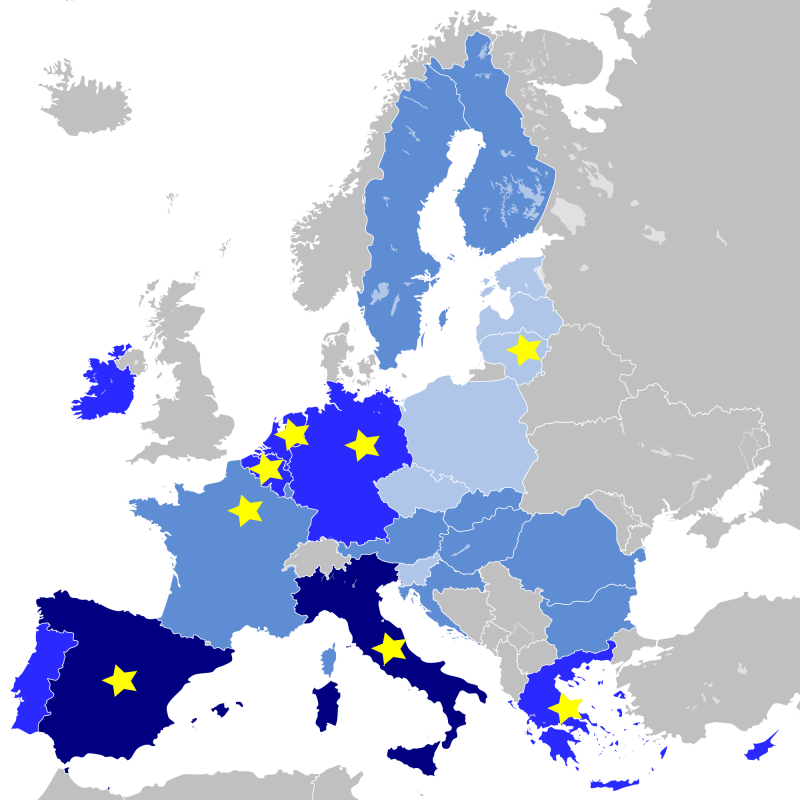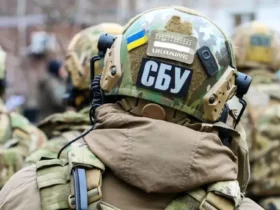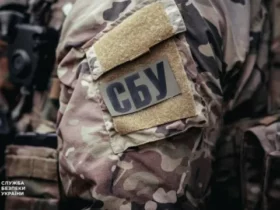The European Security and Defense Union groups together several areas and organizations with a common goal. While this is nothing new, in recent years different organizations have become more relevant thanks to various external factors, mainly the decline in US interest in Europe in favor of the Asia-Pacific region. Although the European Union is certainly more advanced in matters of security than defense, it is pursuing numerous high-profile projects in this field in order to improve its defense capitality and sovereignty. Its strongest bet is the PESCO (Permanent Structured Cooperation), within which other related defense matters could also be coordinated.
We might summarize PESCO as an instrument of the European Union treaty that allows member states to combine efforts to achieve higher-levels of cooperation around defense and security issues. It currently has 25 involucrated States and is carrying out 17 defense collaboration projects that include a medical command, maritime surveillance, cyber security and military mobility. This last point is of great importance as it suggests the possible creation of a joint force capable of acting wherever needed. On the other hand, it supports cooperation with NATO as one of its pillars, that is, it operates based on the idea that the EU and NATO can mutually reinforce each other in matters of security and defense.
To do this, it proposes cooperation that covers ten areas: countering hybrid threats, operational cooperation including the sea and immigration, cybernetics, security, defense capabilities, research, partner exercises, support and capacity building, the fight against terrorism, issues related to women, securing peace and military mobility.
Much has been said about the internal and external foreign policy events that surround European defense, especially since Trump came to power and since the United Kingdom decided to leave the European Union. We will deal with the United States later, for now let us consider the United Kingdom.
As soon as it joined the European Union, the United Kingdom was reluctant to cede its sovereignty to Brussels, especially in the area of defense. Nonetheless, it covered 25% of the EU defense budget: now the burden will fall mainly between France and Germany. The Anglo-Saxon country continuously tried to block any project to form a common defense force with Europe, always betting on NATO first, following the interests of Washington and influencing countries such as Poland, sewing distrust around the idea of a joint defense pact in the European Community. The saying “the road to hell is paved in good intentions” comes to mind. The departure of the United Kingdom is a huge opportunity to consolidate a serious defense policy in the EU that is not blocked by a member state or discredited by not receiving support from an important member.

The vision of the United States
The United States has long been putting pressure on European NATO member countries that do not meet the minimum 2% of GDP being put toward defense spending. While this condition was imposed long ago, NATO is now requiring its member states reach that minimum by 2024. The American position, on the one hand, openly positions itself at the forefront of defense in Europe by assuming, in President Trump’s words, that “the United States pays almost the entire NATO budget to protect Europe.” Meanwhile, the United States has demonstrated over the years that it is prioritizing other areas, especially the Asia-Pacific region, due to the economic growth of its maximum competitor, China. This translates into a decrease in personnel in different regions of the world, including Europe, as part of a strategic turn toward new priorities.
When it comes to US presence in Europe, it is necessary to remember that Washington has numerous bases throughout the continent, especially in countries such as Germany, Italy and the United Kingdom. Their presence is significant: around 60,000 troops accompanied by a permanent deployment of the army, air force, naval forces, etc. Despite having diminished their presence after the end of the Cold War, the US continues to exercise an important deterrent function.
The United States says is attempting to push European countries to become capable of defending themselves while continuing to sell them munitions, which presents a significant challenge for the European Union as it will have to compete (even more) in commercial matters with its main ally and, in turn, increase its defense spending in order to achieve its security and defense without depending on third countries.
Conclusions
Despite that the realization of the idea is likely still rather far off, the impetus to create a European army is gaining strength alongside changes taking place internationally. The European Union needs to create a force capable of facing any adversity without depending on third countries. The exit of the United Kingdom from the EU is perhaps one of the most important and determining elements for the PESCO, and for the general consolidation of a common European Union defense pact, which would allow the organization to improve its defenses and gain independence from NATO and the United States. However, it must be recognized that this presents a challenging scenario for member countries that will have to adapt to the needs that such commitment and cooperation demands, relinquishing some degree of sovereignty in favor of a common effort by all member states.
The Atlantic alliance is currently a key element for the mutual benefit of both organizations. The PESCO is likely to be the biggest beneficiary from such changes, as they will allow it to coordinate with an organization that has already been established and functional for a long time. However, only the future will tell if Europe will continue to need NATO and the United States to ensure its defense: in the short term, this dependence will continue.

















Leave a Reply